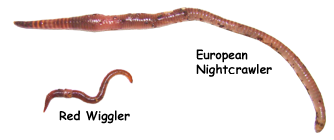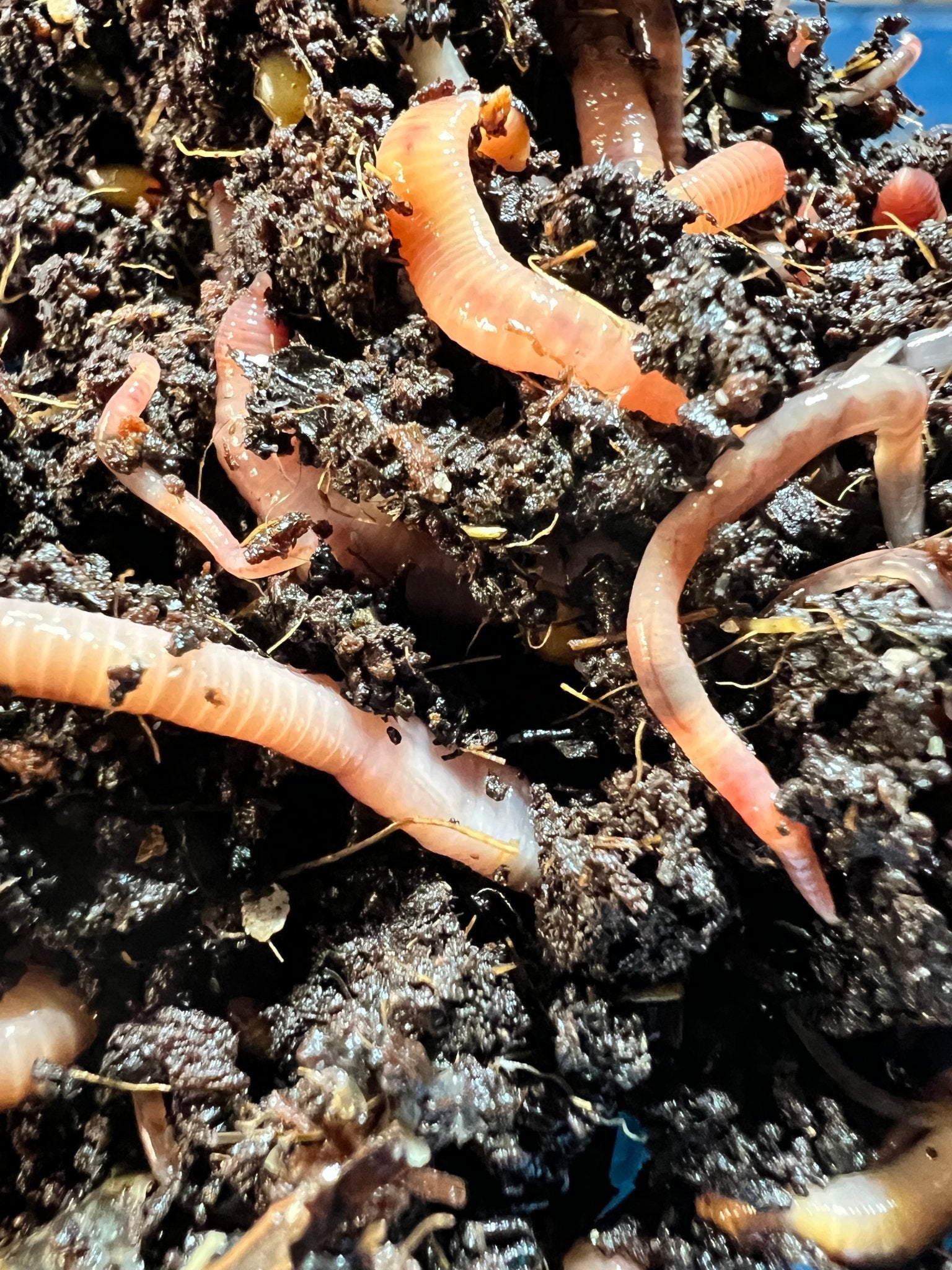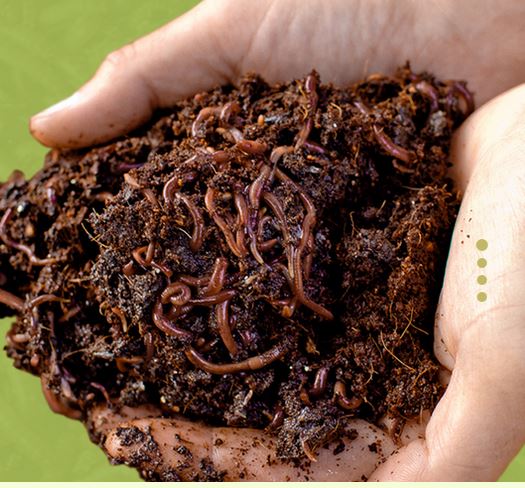Red Wiggler Worms - Crucial for Healthy and Efficient Gardens
Red Wiggler Worms - Crucial for Healthy and Efficient Gardens
Blog Article
Red Wiggler Worms Demystified: Unlocking the Keys of Vermiculture for Greener Living and Nutrient-Rich Dirt
In the realm of lasting practices for improving soil top quality and promoting eco-conscious living, red wiggler worms play a pivotal yet frequently forgotten role. Red Wiggler Worms. Recognizing the intricacies of caring for these worms, enhancing their environment, and using their castings can lead to a greener way of living and healthier soil for plants to prosper.
The Duty of Red Wiggler Worms
Red Wiggler worms play a crucial role in composting systems by effectively damaging down organic matter into nutrient-rich spreadings. These starved eaters eat a variety of organic materials, such as cooking area scraps, backyard waste, and paper products. As they feed, the worms' digestive system processes break down the organic issue right into a penalty, dark, and nutrient-dense product known as worm castings or vermicompost.
The castings generated by Red Wiggler worms are very useful for dirt health and wellness and plant development. They are abundant in vital nutrients like phosphorus, potassium, and nitrogen, which are essential for sustaining healthy plant advancement. Furthermore, worm spreadings consist of valuable microbes and enzymes that help enhance dirt framework, boost water retention, and improve nutrient uptake by plants.
Advantages of Vermicomposting

Moreover, vermicompost, the nutrient-rich final product of vermicomposting, functions as an excellent organic fertilizer and soil conditioner. It enhances soil structure, enhances soil aeration, and increases soil wetness retention. These residential properties contribute to much healthier plants with more powerful root systems and far better resistance to diseases and insects. Vermicompost additionally improves the dirt with crucial nutrients like potassium, phosphorus, and nitrogen, advertising plant growth and overall dirt fertility.
Furthermore, vermicomposting assistances sustainable gardening methods by giving a all-natural and chemical-free option to artificial fertilizers. Red Wiggler Worms. This eco-friendly method not just improves the dirt but likewise helps in reducing reliance on hazardous chemicals, advertising a greener and much more lasting means of horticulture
Setting Up a Worm Container
When establishing a worm bin for vermicomposting, correct arrangement is critical to ensure the success of the composting procedure. The Recommended Site initial step in setting up a worm container is picking an appropriate container.
After including the bedding, introduce the red wiggler worms to the bin. It is advised to begin with a little number of worms and slowly boost as they increase. The worms must after that be given with food scraps such as fruit and vegetable peels, coffee grounds, and eggshells. It is vital to stay clear of including meat, milk, oily, or salty my review here foods to avoid attracting pests and creating unpleasant smells.
Consistently check the wetness levels and temperature in the worm bin to make certain ideal conditions for the worms. With appropriate setup and upkeep, the worm bin will properly convert natural waste into nutrient-rich garden compost for your plants and garden.
Collecting Worm Castings
To effectively accumulate nutrient-rich worm castings from your vermicomposting system, an organized harvesting approach is necessary. When it comes time to collect the worm castings, there are a couple of crucial actions to comply with to make certain an effective procedure.

Troubleshooting Common Issues
Identifying and addressing typical challenges that might arise throughout the vermicomposting process is vital for maintaining a effective and healthy worm container. Adding excess food scraps can lead to an accumulation of moisture and acidity in the worm container, potentially hurting the worms. Another problem is undesirable odors originating from the worm container.
Furthermore, if the worm populace is decreasing or the worms appear harmful, it might be due to ecological stress factors such as extreme temperature levels or pH degrees. Keeping an eye on these variables and making required changes is essential for the wellness of the worms. By repairing these common problems without delay, vermicomposters here can ensure a smooth and successful vermicomposting procedure while maintaining a prospering worm populace.

Final Thought
Finally, red wiggler worms play a vital duty in vermiculture by damaging down raw material right into nutrient-rich dirt. The advantages of vermiculture include greener living and enhanced soil quality. Setting up a worm bin is important for successful vermiculture, and harvesting worm castings gives valuable compost for gardening. By understanding and troubleshooting typical problems, individuals can unlock the keys of vermiculture for lasting living and healthier dirt.
As they feed, the worms' digestion processes damage down the organic issue into a penalty, dark, and nutrient-dense product understood as worm castings or vermicompost.
The spreadings produced by Red Wiggler worms are highly useful for soil health and wellness and plant growth. Adding excess food scraps can lead to a build-up of moisture and acidity in the worm container, potentially damaging the worms.Furthermore, if the worm populace is declining or the worms show up unhealthy, it might be due to ecological stressors such as extreme temperature levels or pH levels. Establishing up a worm container is essential for successful vermiculture, and collecting worm castings gives important garden compost for gardening.
Report this page